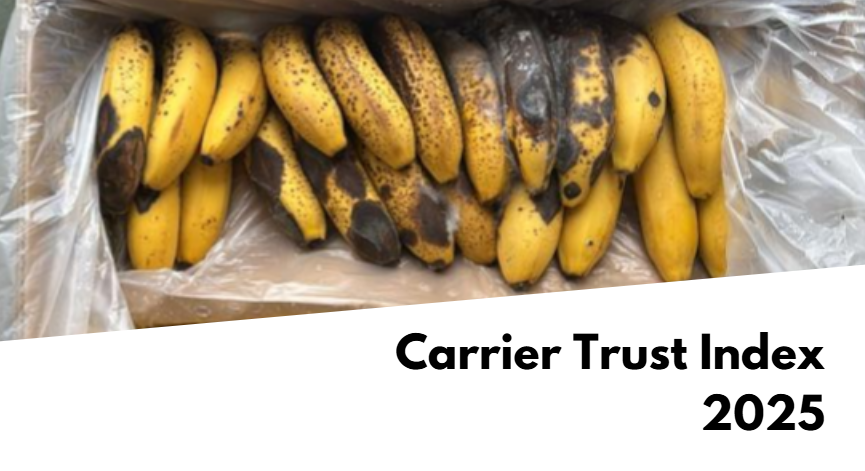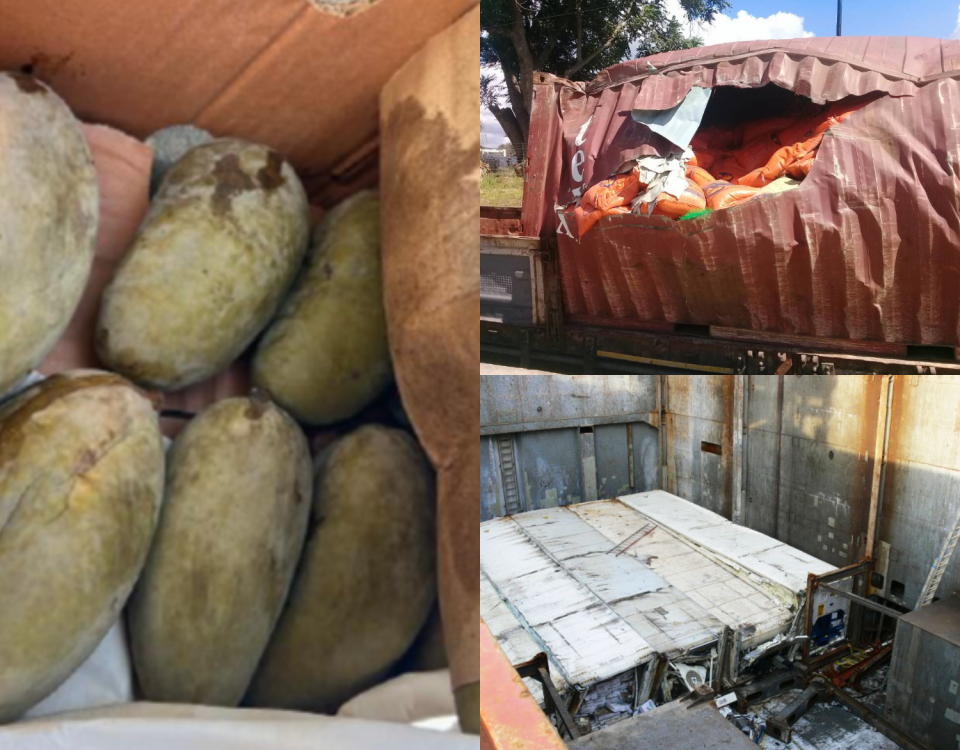Damages and Compensation in Cargo Claims. What’s the Difference?

Cargo Misdelivery to the Wrong Receiver. Now What?
July 28, 2023
Cargo Theft in Transit: A Costly Cargo Claim
July 28, 2023Cargo claims are an inevitable reality for exporters and freight forwarders globally. The repercussions of damaged goods during transit can be financially and operationally devastating. In such circumstances, understanding the distinction between damages and compensation in cargo claims is important.
Damages in Cargo Claims: Counting the Losses
Cargo damage refers to any harm sustained by goods during transportation. It can range from minor scratches to catastrophic spoilage, rendering the cargo total loss or compromising its value. When filing a claim for damages, it is essential to provide detailed evidence, such as photographs, inspection reports, and damaged cargo condition documentation. The aim is to prove that the damage occurred during the transit process, when cargo was in carrier’s care and custody and was not a result of improper packaging or handling by the shipper.
Compensation in Cargo Claims: Recovering the Costs
On the other side of the coin lies compensation—a lifeline for businesses seeking to recover the financial losses incurred due to cargo damage. Compensation in cargo claims is designed to provide reimbursement for the actual value of the damaged goods, as well as any additional expenses borne by the shipper, such as storage charges, freight costs, and legal fees. Promptly and accurately documenting these expenses is critical to ensure a successful compensation claim.
In international trade and maritime transport, cargo claims are an inevitable reality. However, businesses need not face these challenges alone! Understanding the distinction between damages and compensation and using this terminology appropriately is key to successful cargo claims recovery. Add to that the expert assistance of Recoupex, recovery process becomes doable.
Recoupex is a hub of transport lawyers – experts in cargo claims. We assess your case quickly. We have successfully recovered claims from Maersk, Sealand, Hapag-Lloyd, Mediterranean Shipping Company – MSC, CMA CGM, and other carriers.



